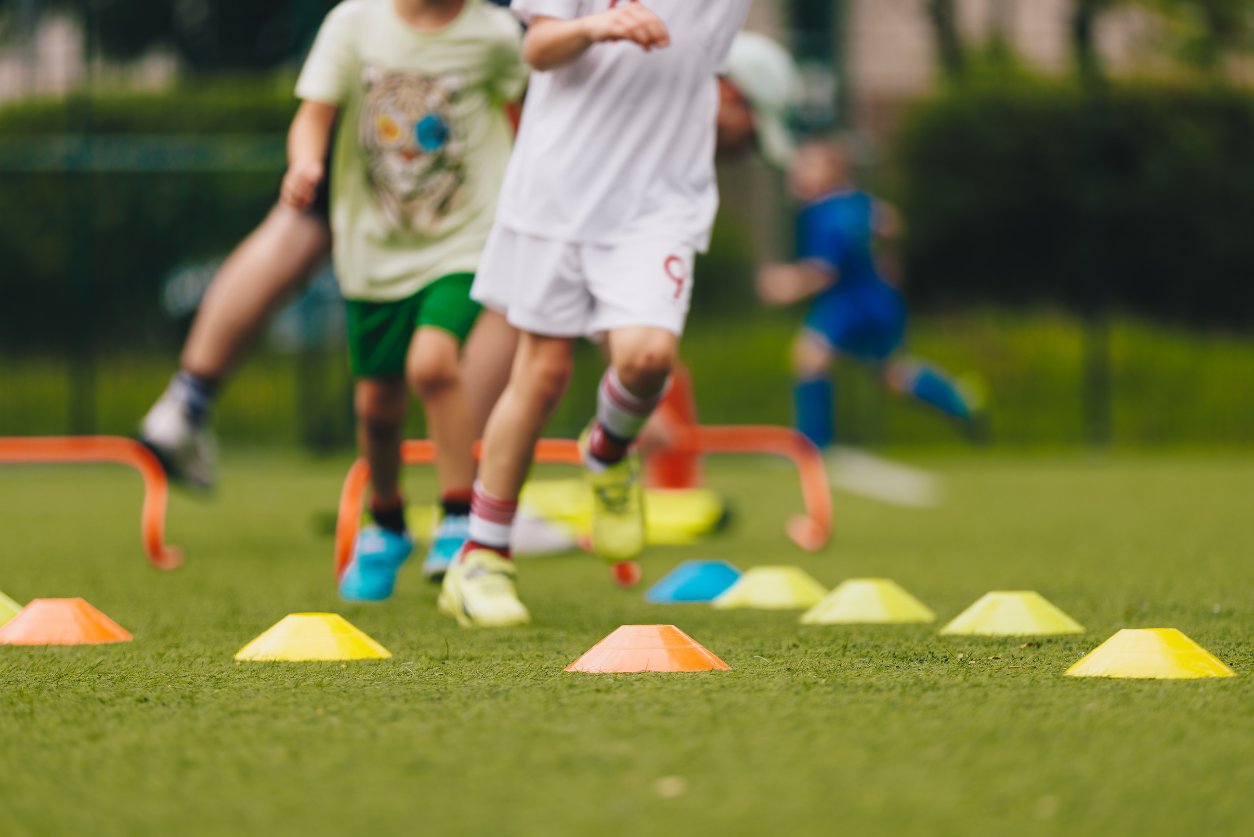Sports psychology is an essential but often overlooked aspect of athletic success. Many athletes focus solely on physical training, ignoring the mental strategies that can take their performance to the next level. Whether you’re a beginner or a professional, understanding and applying sports psychology principles can help you perform better, stay motivated, and manage pressure effectively.
In this article, we’ll explore what sports psychology is, why it matters, and how athletes of all levels can use it to gain a competitive edge.
What Is Sports Psychology?
Sports psychology is the study of how mental factors affect athletic performance. It focuses on improving mindset, confidence, motivation, and focus, all of which are crucial to success in sports.
This field combines psychology principles with sports science to help athletes develop mental toughness, overcome challenges, and maximize their potential. Sports psychologists work with athletes to enhance concentration, reduce anxiety, and build strategies for success.
Key Areas of Sports Psychology
- Mental Toughness – Strengthening the mind to handle setbacks, criticism, and pressure.
- Confidence Building – Developing self-belief to perform at your best.
- Goal Setting – Creating clear, achievable goals to stay motivated.
- Focus and Concentration – Learning to stay in the moment and block out distractions.
- Anxiety and Stress Management – Controlling nerves and emotions under pressure.
- Visualization Techniques – Using mental imagery to improve skills and boost confidence.
Why Sports Psychology Matters
Athletes spend hours practicing their physical skills, but mental training is just as important. Here’s why:
1. Improves Performance
Sports psychology helps athletes develop a strong mindset, allowing them to perform at their peak. Techniques like visualization and goal setting create a winning mentality, helping athletes stay focused and execute their skills with confidence.
For example, Olympic athletes use mental imagery to picture themselves succeeding before stepping onto the field. This technique has been proven to enhance muscle memory and improve performance.
2. Boosts Confidence
Confidence is a game-changer in sports. When athletes believe in their abilities, they take more risks, make quicker decisions, and perform with greater precision.
Sports psychologists teach athletes to replace negative thoughts with positive affirmations, reinforcing self-belief. Simple mindset shifts can dramatically improve performance and consistency.
3. Enhances Motivation
Staying motivated is a challenge, especially during tough training sessions or after a loss. Sports psychology helps athletes find their “why”—the internal drive that keeps them pushing forward.
By setting short-term and long-term goals, athletes stay engaged and maintain a strong work ethic. Goal setting not only provides direction but also creates a sense of achievement, keeping motivation levels high.
4. Reduces Performance Anxiety
Many athletes struggle with anxiety before games or competitions. Nervousness can cause tension, poor decision-making, and reduced performance.
Sports psychology teaches athletes relaxation techniques like deep breathing and mindfulness to calm their nerves. Learning to control emotions under pressure allows athletes to perform at their best when it matters most.
5. Improves Focus and Concentration
In high-pressure situations, distractions can derail performance. Sports psychology helps athletes stay focused and in the moment.
Techniques like pre-performance routines and mindfulness exercises train the brain to ignore distractions and concentrate on the task at hand. Whether it’s making a free throw in basketball or hitting a golf shot, focus is key to success.
6. Helps with Injury Recovery
Injuries are a part of sports, but the mental toll can be just as challenging as the physical recovery. Many athletes experience frustration, fear, and self-doubt during rehabilitation.
Sports psychologists help injured athletes stay positive, set recovery goals, and rebuild confidence when returning to competition. A strong mindset can speed up recovery and prevent setbacks.
How Athletes Can Use Sports Psychology
Understanding sports psychology is one thing, but applying it is where real change happens. Here are some practical strategies for athletes to strengthen their mental game.
1. Use Visualization Techniques
Before a game or event, take a few minutes to mentally rehearse success. Picture yourself performing well, feeling confident, and achieving your goals. This technique primes your brain for success and improves muscle memory.
2. Practice Positive Self-Talk
Your inner dialogue shapes your confidence. Replace negative thoughts like “I can’t do this” with positive affirmations like “I am strong and capable.” The more you train your mind to think positively, the more confident you’ll become.
3. Develop a Pre-Game Routine
A consistent routine before competitions helps athletes get in the right mindset. Whether it’s listening to music, stretching, or deep breathing, find what works for you and stick to it.
4. Set SMART Goals
Set Specific, Measurable, Achievable, Relevant, and Time-bound goals. Instead of saying, “I want to get better at basketball,” set a goal like, “I will make 50 free throws every practice session.” Clear goals keep you motivated and focused.
5. Learn to Manage Stress
Practice relaxation techniques like deep breathing, progressive muscle relaxation, or mindfulness meditation. These strategies help control nerves and keep you calm under pressure.
6. Stay Present and Focused
Avoid dwelling on past mistakes or worrying about future outcomes. Stay in the moment and focus on what you can control. Techniques like mindfulness and grounding exercises can help maintain concentration.
7. Work with a Sports Psychologist
If you’re serious about improving your mental game, consider working with a sports psychologist. They provide personalized strategies to help you build mental toughness, manage stress, and optimize performance.
Conclusion
Sports psychology is a game-changing tool for athletes looking to improve performance, build confidence, and manage stress. By strengthening the mind, athletes can gain a competitive edge and reach their full potential.
Whether you’re an aspiring athlete or a seasoned professional, applying sports psychology techniques can help you perform at your best and enjoy the game even more. Mental training is just as important as physical training—start developing your mindset today!

